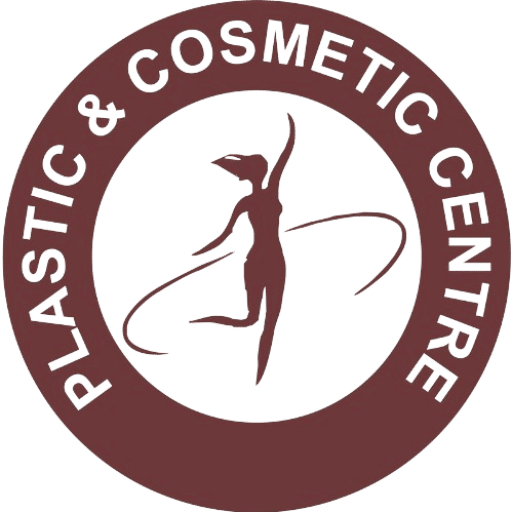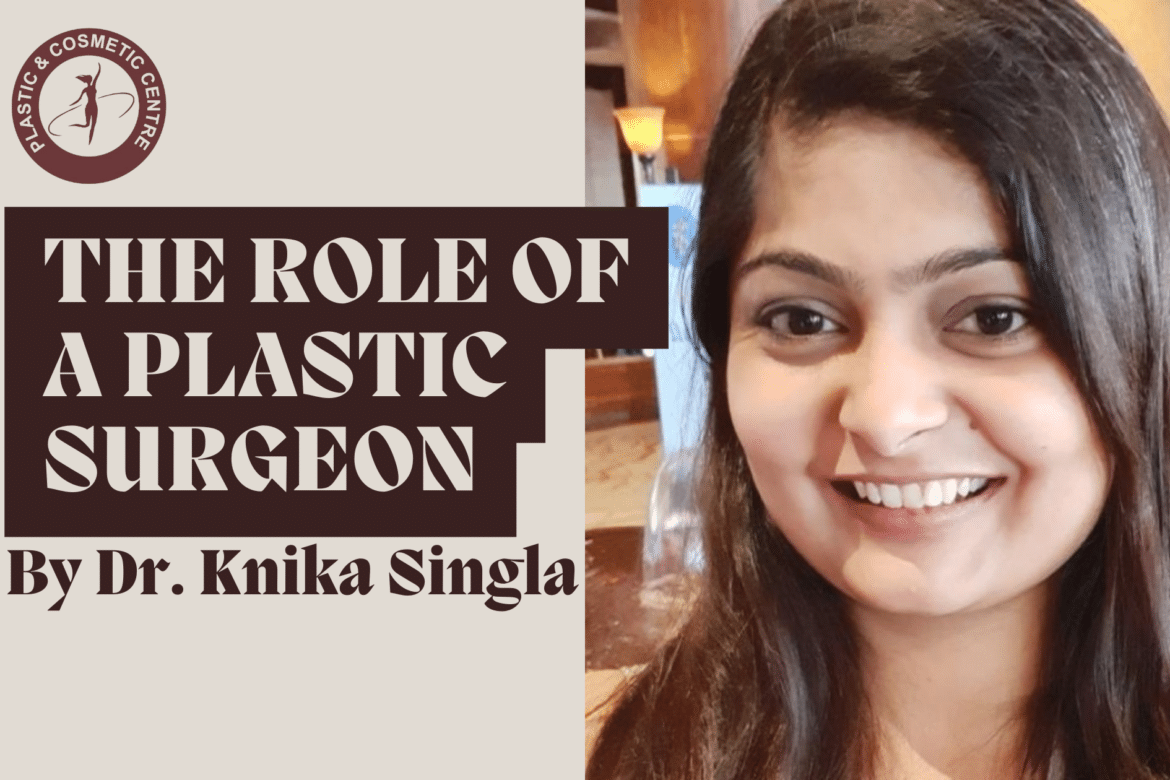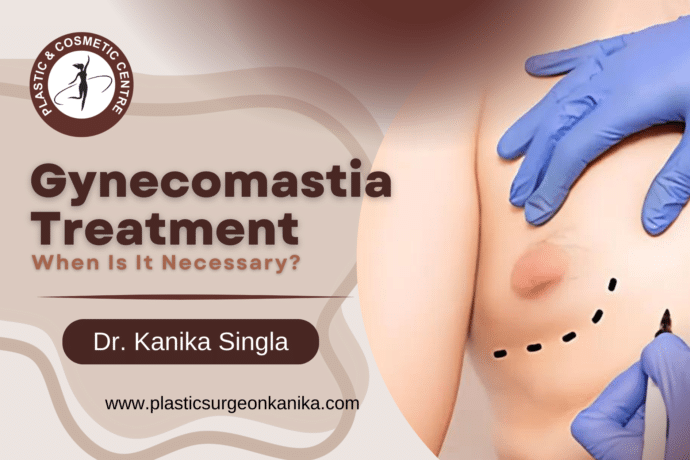what plastic surgeon do ?
The Role of plastic surgeon is a medical professional which specializes to perform surgical and non-surgical procedures to alter or enhance the appearance of a person’s body.

Types of plastic surgeon ?
1. Facial procedures
There are some surgeons who specialize in facial procedures like rhinoplasty, face lift surgery and blepharoplasty. Rhinoplasty is a nose aesthetic surgery that helps balance the face.
Blepharoplasty is an eyelid surgery that improves the appearance of puffy or droopy eyes by removing excess skin and fat pockets on the upper and lower eyelids. A facelift helps tighten the face and reduce excess skin, leaving skin smooth, firm and visibly diminished.
2. Body contouring
There are some surgeons who specialize in body contouring procedures like tummy tucks, liposuction and post-bariatric body lifts. When the stomach is stretched, sagging skin and fat are removed from the stomach, the muscles are tightened and a smooth, flat appearance is created.
Liposuction requires the insertion of a thin stainless steel tube through a small incision to break down and absorb fat deposits resulting from problems with the body. Body lift surgery after weight loss removes and tightens all sagging and loose skin folds that occur in the body after weight loss, ensuring that the body is balanced and smooth.
3. Implant specialists
Some plastic surgeons specialize in breast implants and facial implants for the lips, cheeks, and chin. Breast implants are placed during breast augmentation surgery, either saline or silicone implants, to increase breast size or restore breast volume after pregnancy, mastectomy, or extreme weight loss.
Facial implants are devices placed on the skin that increase the beauty of the face and create a symmetrical and sharp structure. Other types of implants surgeons may place are bone implants and bone implants, which help shape and define a woman’s body. You can also opt for chemotherapy as an alternative to butt implants, such as a Brazilian butt lift.
4. Non-surgical procedures
There are surgeons who specialize in non-surgical procedures like injections, laser skin resurfacing and facial fillers. Injections such as Botox can plump the skin, while facial fillers such as collagen can be injected into the lips, making them fuller. Laser resurfacing uses lasers to remove damaged, wrinkled and pigmented skin layer by layer, leaving skin smoother and firmer.
what education is needed to become plastic surgeon ?
Bachelor’s Degree (4 years): The first step toward becoming a surgeon is to complete a bachelor’s degree in a relevant field such as biology, chemistry, or pre-medicine. This undergraduate education provides the foundation for understanding the sciences and prepares students for the rigorous demands of medical school.
Medical School (4 years): After obtaining a bachelor’s degree, aspiring surgeons must attend medical school to earn a Doctor of Medicine (M.D.) or Doctor of Osteopathic Medicine (D.O.) degree. Medical school curriculum includes classroom learning, laboratory work, and clinical rotations to develop a strong foundation in general medicine.
Residency in General Surgery (5-7 years): Following medical school, aspiring surgeons undergo a residency in general surgery. This intensive training period, lasting five to seven years, provides hands-on experience in various surgical procedures, critical care, and patient management.
Surgery Residency (2-3 years): After completing general surgery residency, aspiring plastic surgeons undertake a specialized residency in surgery. This additional training, lasting two to three years, focuses specifically on plastic and reconstructive surgery techniques. Residents work under the guidance of experienced plastic surgeons to refine their skills in cosmetic and reconstructive procedures.
Fellowship (Optional): Some surgeons choose to pursue additional fellowship training for further specialization in areas such as hand surgery, craniofacial surgery, or microsurgery. While not mandatory, fellowships can enhance expertise and career opportunities.
Board Certification: To practice as a plastic surgeon, individuals typically pursue board certification from relevant medical boards, such as the American Board of Plastic Surgery. Certification involves passing rigorous examinations that assess knowledge, skills, and ethical standards.
whats Scope of surgeon in india ?
The scope of plastic surgery in India is very wide as it is a rapidly growing field gaining popularity among men and women. The number of people seeking surgery has increased in India in recent years due to various factors such as disposable income, growing middle class and acceptance of surgery.
surgery covers a wide range of procedures, including reconstructive surgery to correct birth defects or injuries and surgery to improve or change a person’s appearance. Some of the most common the role of plastic surgery procedures in India include breast augmentation, rhinoplasty (nose reshaping), liposuction, facelifts, and hair transplantation.
India has a number of well-trained and experienced plastic surgeons, and many of them have been trained in some of the best medical schools and hospitals in the world. The cost of plastic surgery in India is also relatively low compared to many other countries, making it an attractive option for those seeking affordable yet high-quality treatment.












Leave a comment